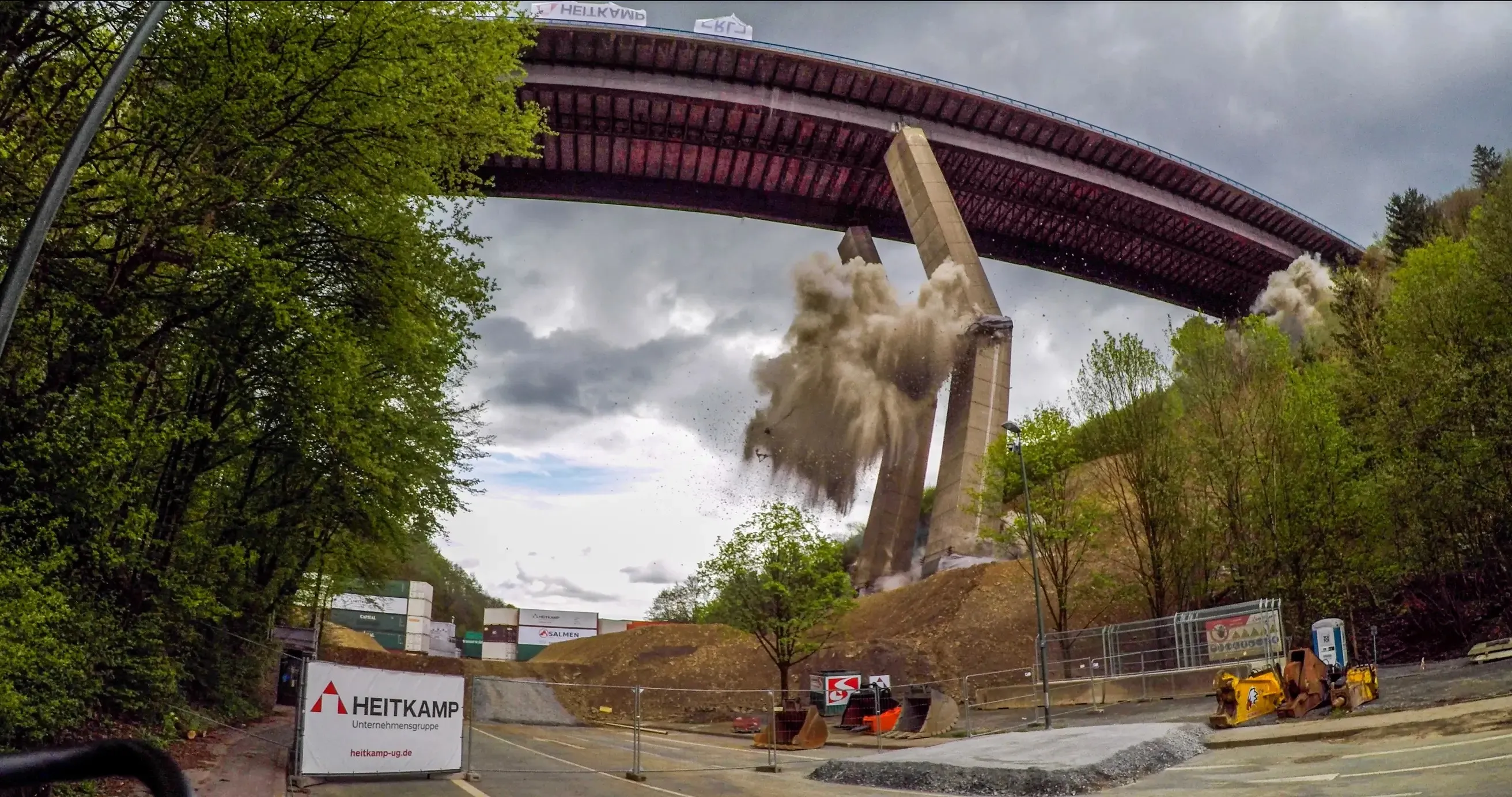A study into the condition of Latvia's road network has revealed that it is largely dilapidated and in need of repair.
February 28, 2012
Read time: 1 min
A study into the condition of Latvia's road network has revealed that it is largely dilapidated and in need of repair. According to the report, carried out for state-owned road network manager Latvijas Valsts Celi (LVC), just 10% of Latvia's roads are in good technical condition. The damning report states that the overall condition of the Latvian road network is bad, with some 25% of asphalted roads and 38% of dirt and gravel roads said to be practically unusable. The report monitors Latvia's network. The country's roads have a total length of 20,100km, including 1,653km of main roads, 5,316km of regional roads (of which 4,051km have an asphalt surface), and 13,000 km of rural roads (of which 2,616km have an asphalt surface).









